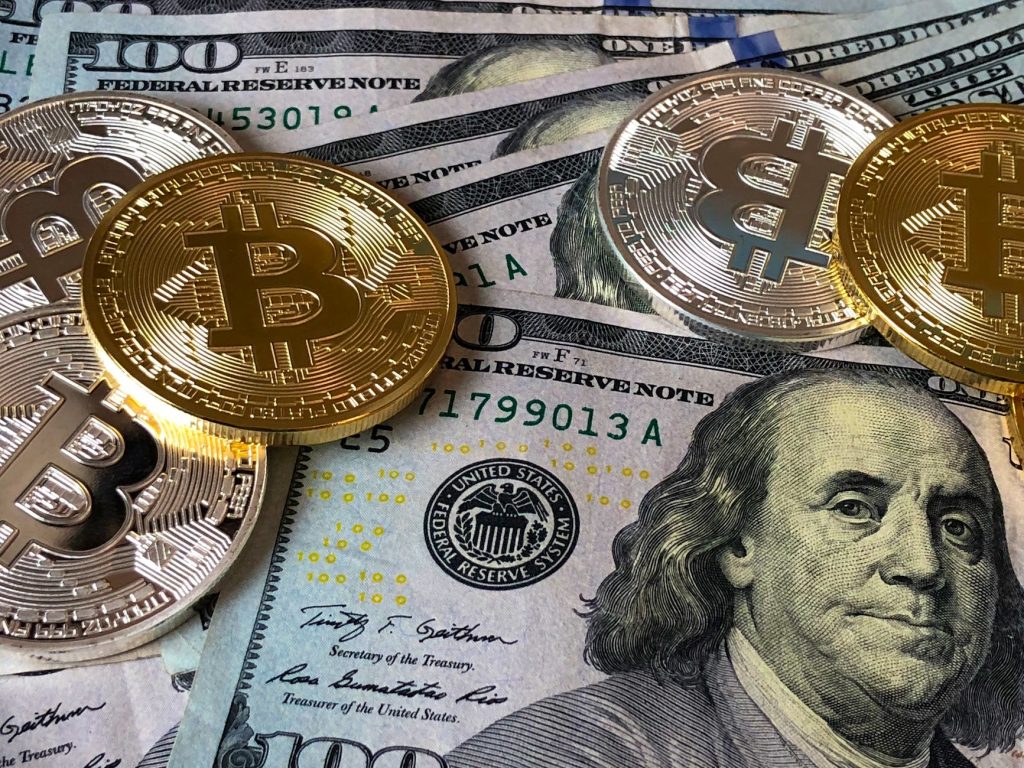Understanding the Difference Between Forex and Crypto Trading

Financial markets have transformed significantly over the past decade, and part of this seismic shift can be attributed to the rise of cryptocurrencies. Two of the most volatile and potentially profitable markets that have attracted traders globally are Foreign Exchange (Forex) and Cryptocurrency markets. While both involve trading currencies, their operations, risk factors, and potential gains vary drastically. This article aims to explore the difference between Forex and Crypto trading.
Forex Trading
Forex trading, also known as foreign exchange or FX trading, involves the buying and selling of world currencies. It operates 24 hours a day, five days a week, with the market’s epicenters in major financial hubs across the globe.
The main players in the forex market include banks, hedge funds, and multinational corporations. Forex trading’s primary purpose is to facilitate international business transactions, making it a more stable and less volatile market.
In forex trading, currencies are traded in pairs. The value of a currency pair is determined by economic factors, including interest rates, inflation, and political stability.
Crypto Trading
Cryptocurrency trading, on the other hand, involves buying and selling digital currencies, such as Bitcoin, Ethereum, and Ripple. Unlike the forex market, the crypto market operates 24/7, offering constant trading opportunities.
Crypto trading is a relatively new market, and it is largely decentralized, meaning it is not governed by a central authority like a government or financial institution. Instead, transactions are verified through a process called cryptography.
One of the main differences between forex and crypto trading lies in their volatility. Cryptocurrencies are considerably more volatile, primarily due to their infancy and speculative nature. This volatility can present both high-risk and high-reward scenarios for traders.
Another significant difference is the number of currencies available for trading. The forex market has a finite number of currencies, whereas the number of digital currencies in the crypto market can be virtually unlimited, with new ones being created regularly.
Comparing Forex and Crypto Trading
- Market Hours: The forex market operates 24 hours a day during weekdays, taking a break over the weekend. In contrast, the cryptocurrency market operates 24/7, including weekends and holidays.
- Volatility: The forex market is generally less volatile than the crypto market. In forex, major currency pairs usually move less than 1% daily, while in crypto, price swings of 10% or more in a single day are not uncommon.
- Regulation: Forex is heavily regulated, with governments and central banks playing significant roles. Conversely, cryptocurrencies are decentralized and less regulated, leading to increased risks.
- Liquidity: The forex market, with its vast number of participants worldwide, is incredibly liquid. Cryptocurrencies, while growing, currently offer less liquidity.
- Accessibility: Both markets are highly accessible, but the entry barrier is lower for crypto trading, where anyone with an internet connection and capital can participate.
Conclusion
In conclusion, both forex and crypto trading offer potentially lucrative opportunities for traders. However, the level of risk, market operation, volatility, and regulation differ immensely between the two. As a trader, it is crucial to weigh the pros and cons, understand the market conditions, and equip oneself with sufficient knowledge before stepping into these trading arenas.

